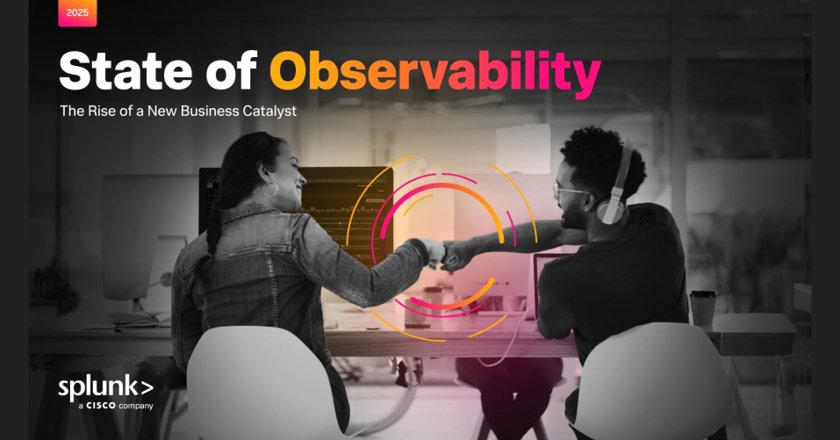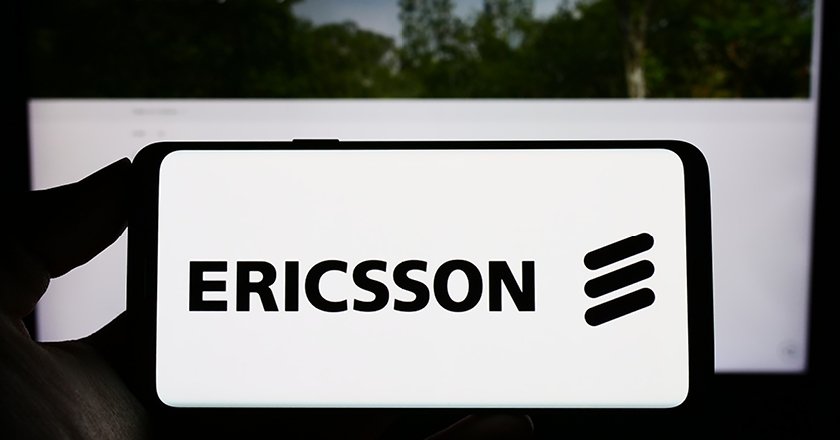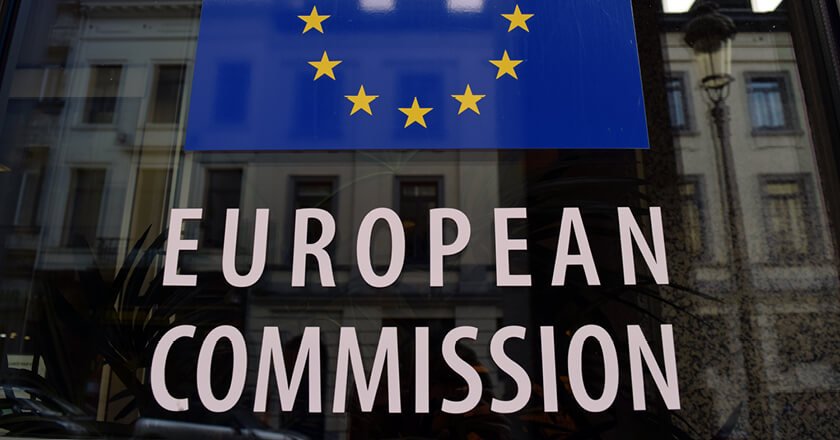He endorsed the technology being included alongside electricity and water as a utility which should be available for all.


He endorsed the technology being included alongside electricity and water as a utility which should be available for all.

AI and ML are used extensively across Kaspersky’s cybersecurity solutions, with ongoing development of these technologies being driven by one of Kaspersky five Expertise Centers.

Findings show observability boosts employee productivity for nearly three‑quarters of respondents, and for nearly two‑thirds, it drives revenue growth and helps shape product roadmaps.

QuantumGate’s Janne Hirvimies warns that harvested data is already at risk — and organisations must accelerate their post-quantum readiness now.

Survey finds one in three DBAs eye career move as demands on role increase.

New research reveals majority of global industry leaders are reconsidering data strategies amid rising uncertainties and threats.

New insights and industry sentiment suggest the frontline is becoming a c-suite priority.

Samsung Gulf Electronics’ Fadi Abu Shamat discusses how regional consumers are shaping the evolution of the company’s ultra-slim flagship and …

Dubai —Every day, across every industry, files flow through the arteries of enterprise IT. Millions of these transfers are at …

Hasan Khan – General Manager, Cisco Qatar, Sameena Naaz – Distribution Account Manager, Cisco Emerging Gulf & Qatar and Renton D’Souza, Vice President, Comstor MEA, discuss their roles as digital transformation enablers for Qatar in this exclusive interview.

Ericsson tipped the US, Japan, South Korea, China, India and some Gulf Cooperation Council countries as those likely to make up the first tranche of commercial 6G launches.

The highly-anticipated Cisco Talos Report has shown that public-facing applications are increasingly becoming a prime target for cybercriminals. A positive …

Changes across multiple frameworks including the Data Act and the General Data Protection Regulation (GDPR) were also proposed.

The EC aims to conclude the market investigations within 12 months. If they are designated with gatekeeper status, the companies will have six months to ensure full compliance under DMA obligations.